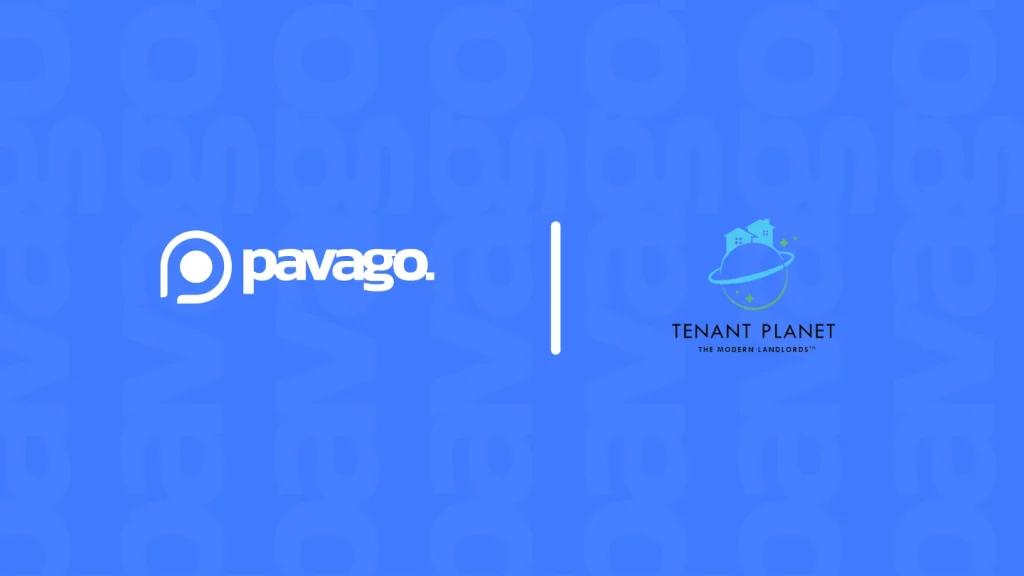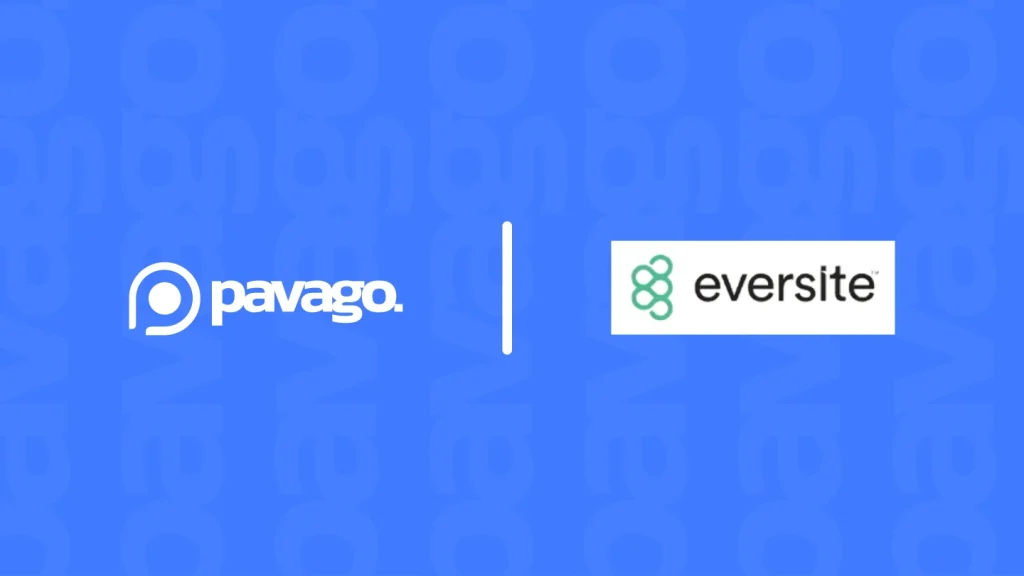The AI hiring market has gone from zero to chaos in two years.
Between 2023 and 2026, demand for AI developers exploded faster than any other technical role. Every startup wants to embed machine learning into its product. Enterprises are dumping money into predictive models, automation, and generative tools.
The talent war is real because everyone is looking to hire remote AI developers.
But here’s the problem: “AI developer” can mean a dozen different things.
Some candidates build full-scale machine learning systems.
Others only know how to integrate OpenAI APIs.
And many call themselves “AI engineers” after completing a few online courses.
For most SMBs, this creates chaos: inflated salaries, mis-hires, and delayed projects.
You’re not just competing for A-player talent – you’re also trying to figure out who’s actually qualified to successfully complete your project.
That’s why it’s important to understand what AI developers do, where to find them, and how to hire the right AI developer for your product.
Skip the endless research and wasted interviews.
Pavago connects you instantly with pre-vetted AI developers ready to deliver.
What AI Developers Actually Do
The first step in hiring effectively is understanding what kind of AI developer you need.
AI isn’t one role — it’s a collection of overlapping specialties.
| Role | Core Focus | Typical Use Case |
|---|---|---|
| Machine Learning Engineer | Trains and deploys models using TensorFlow or PyTorch | Predictive analytics, recommendation engines |
| Data Engineer | Builds pipelines and prepares clean datasets for training | ETL, feature stores, data warehouses |
| AI Software Engineer | Integrates APIs or custom models into applications | Chatbots, automation tools, LLM integrations |
| Research Engineer | Experiments with new architectures and fine-tunes LLMs | Proprietary model development |
| MLOps Specialist | Handles model monitoring, CI/CD, and production infrastructure | Large-scale AI systems |
The biggest hiring mistake? Misalignment.
You hire a researcher when you really need an MLOps engineer. Or, you hire a Python generalist and expect them to build scalable AI systems.
Before you look for platforms or candidates, answer three questions:
- What problem am I solving? (Predictive models? Chatbot integration? Custom training?)
- Is this research or implementation? (Experimenting with models vs. deploying production systems)
- Do I need one hire or a long-term AI function? (Short-term project vs. ongoing product development)
Once that’s clear, you can pick the right hiring route.
Why Hire Remote (or Offshore) AI Developers?
Here’s the thing: the best AI talent isn’t sitting in Silicon Valley anymore. It’s everywhere.
Pakistan, LATAM, Eastern Europe, Africa – these regions are producing exceptional AI engineers who’ve trained on the same tools (TensorFlow, PyTorch, Hugging Face) and solved the same problems as developers in the Bay Area.
The difference? Cost.
A mid-level ML engineer in San Francisco: $120K–$150K/year.
The same skill level remotely: $40K–$70K/year.
That’s not about hiring cheap. It’s about accessing markets where the cost of living is lower, but technical education is just as strong.
What this means for your company:
- You can build a full AI team instead of burning runway on one expensive hire
- You can compete in a global talent pool instead of fighting Meta and Google for the same local candidates
- You can get developers who are genuinely committed (because remote opportunities are competitive in their regions)
- You can access diverse problem-solving approaches and industry perspectives
The real challenge isn’t finding offshore AI talent. It’s finding reliable offshore AI talent without the headache of international compliance, payroll, and vetting.
That’s what the right platform solves.
The Best Platforms to Hire Remote AI Developers in 2026
There’s no shortage of platforms claiming to connect you with “top AI talent.”
But the real question is: which ones actually deliver skilled, reliable remote AI developers – and which ones just add noise?
Below are six of the most prominent options to hire remote AI developers, each with its strengths, weaknesses, and ideal use cases.
1. Pavago – for Reliable, Fairly Priced AI Talent
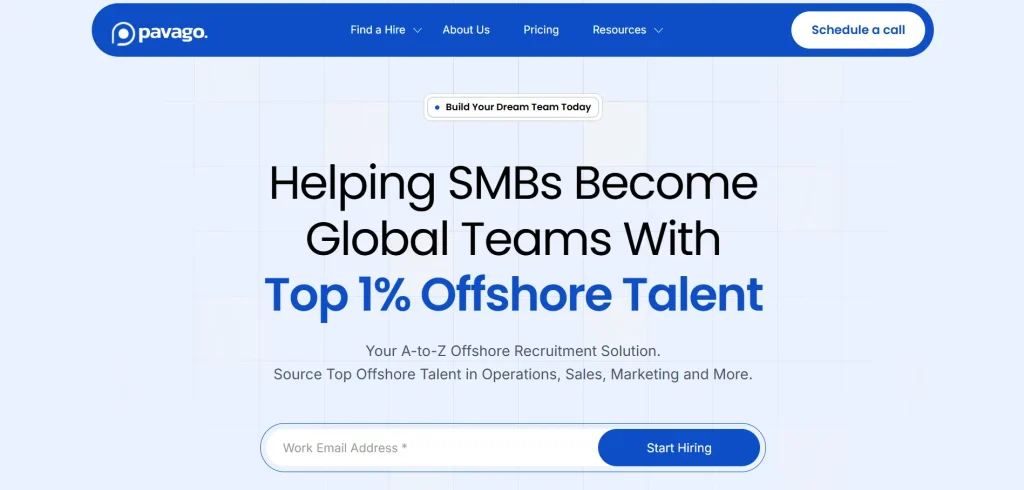
Pavago connects growing businesses with A-player offshore AI developers – fully vetted for technical ability, reliability, and communication – at fair, transparent rates.
Unlike agencies or marketplaces, Pavago focuses on long-term hires who integrate directly into your team.
Strengths:
- Candidates vetted by both general recruiters and senior AI engineers.
- Fair pricing: $500/year membership + $329/month per developer for handling payroll, contracts, and compliance.
- Global coverage — LATAM, Africa, Pakistan, and Asia.
- Lifetime replacement guarantee.
Weaknesses:
- Best suited for companies seeking ongoing, full-time contributors (not one-off gigs).
Best for:
Founders and SMBs who want dependable AI developers embedded in their product teams, without overpaying or compromising on quality.
Ready to get started?
2. Toptal – for Short-Term, High-End Projects
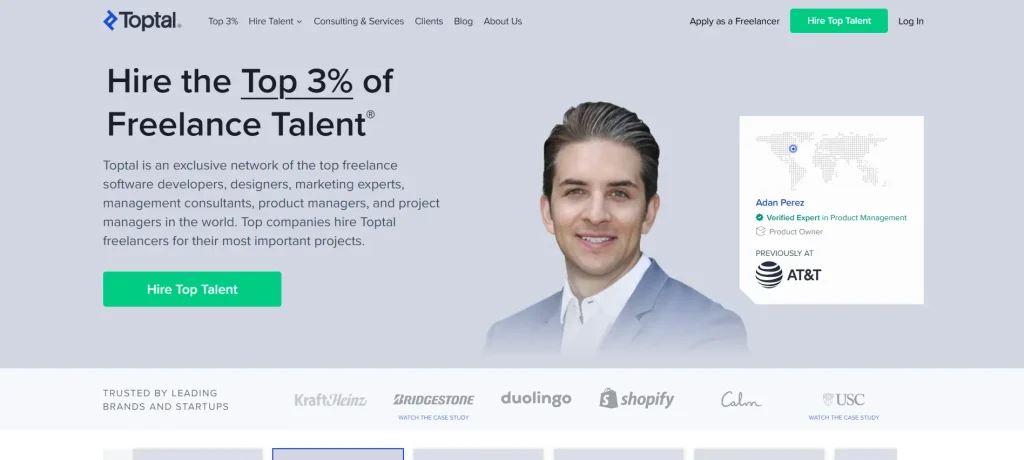
Toptal is one of the most exclusive freelance networks in the world to hire remote AI developers. They claim access to the top 3% of global talent – including offshore AI and machine learning engineers.
Strengths:
- Excellent technical vetting process
- Fast turnaround (1–2 weeks)
- Strong for specialized short-term or advisory projects
Weaknesses:
- Very expensive (commonly $90–$200/hour)
- Freelancers may prioritize multiple clients
Best for:
Companies that need a short-term, high-skill AI specialist for research, prototyping, or one-off model optimization.
3. Turing – for Pre-Vetted Remote AI Engineers
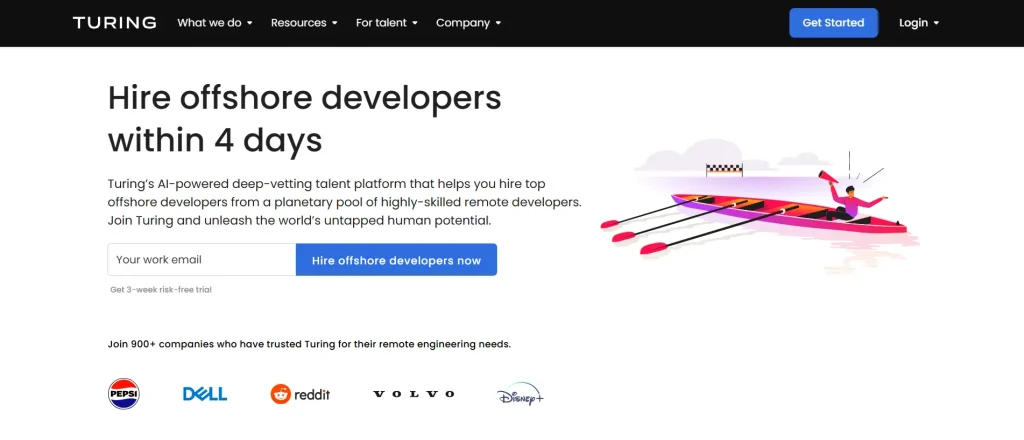
Turing connects companies with remote software and AI developers through its AI-powered vetting platform. It focuses on long-term remote placements, primarily for U.S. companies seeking to hire foreign employees.
Strengths:
- Large, global talent pool across ML, data, and software.
- Full-time developers ready for integration.
- Handles time tracking and basic HR functions.
Weaknesses:
- Vetting is often code-centric, with less focus on reliability and communication.
- Pricing can scale up quickly with management layers.
Best for:
Tech-led teams that can handle day-to-day management but need access to full-time AI engineers globally.
4. Andela – for Enterprise-Scale AI Teams
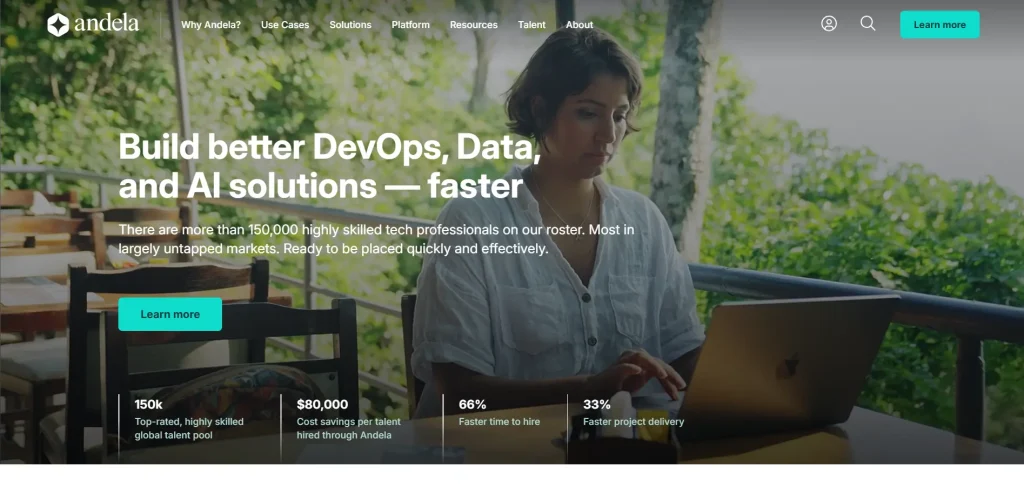
Initially focused on African talent, Andela now operates globally, providing enterprise-grade engineering talent across AI, ML, and software domains.
Strengths:
- Strong corporate vetting and delivery infrastructure.
- Ability to assemble larger AI teams.
- Trusted by major enterprises (GitHub, Goldman Sachs, etc.).
Weaknesses:
- Enterprise-level pricing, less accessible for SMBs.
- Longer onboarding and contract cycles.
Best for:
Mid-to-large enterprises running structured AI projects with internal project management capacity.
5. Upwork – for Freelance and Experimental AI Work

Upwork remains the largest freelance marketplace, hosting thousands of developers marketing themselves as “AI engineers.”
Strengths:
- Extremely fast hiring process.
- Wide range of skill levels and price points.
- Ideal for small or experimental tasks.
Weaknesses:
- Inconsistent skill verification, as many “AI devs” are generalists.
- High risk of unreliable engagement or missed deadlines.
- Little continuity beyond individual contracts.
Best for:
Short-term experimentation or non-critical AI integrations where long-term reliability isn’t required.
Choosing the Right Partner
Different goals require different models:
- If you need short-term help: Toptal or Upwork will fill the gap.
- If you need full teams or compliance: Andela or Deel make sense.
- If you need sustainable, reliable AI hires: Pavago sits in the sweet spot – global reach, low cost, and guaranteed dependability.
The decision of which partner to choose to hire remote AI developers comes down to how long you want your hires to stay, how much control you want, and how much risk you’re willing to carry.
The Bottom Line
The AI talent market is booming, but reliability hasn’t caught up.
There’s no shortage of developers – just a shortage of developers who communicate clearly, deliver consistently, and stay committed.
If you want to hire remote AI developers who actually build and maintain what they promise, you need structure, vetting, and accountability baked into the process.
That’s where Pavago stands out: A-player AI developers, fair global pricing, lifetime replacement guarantee.
Hire once. Hire right.
Build your AI team through Pavago — wonderful talent, fair prices, zero risk.






